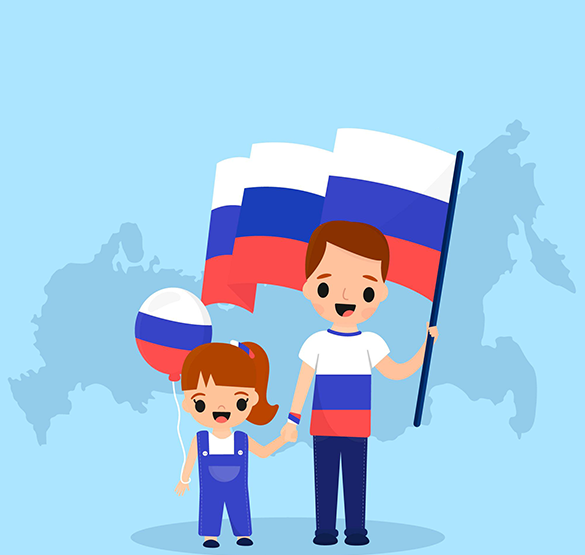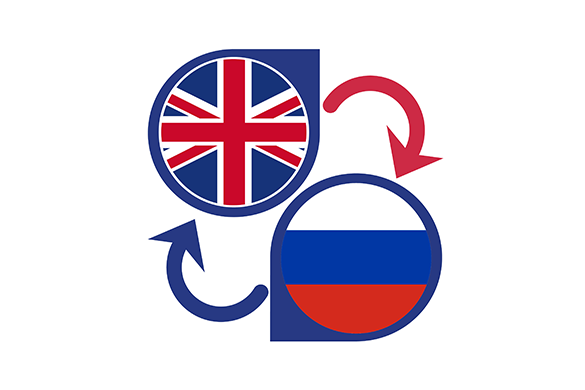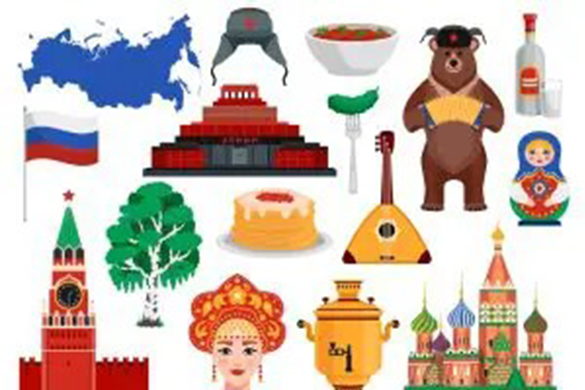Rosetta Translation provides a full range of Russian translation services to companies in London and worldwide.

Rosetta Translation is a leading multi-sector translation specialist and has particular expertise in the following areas:
Legal translation, Financial translation, Technical translation, Medical translation
We assign every single Russian translation to the most appropriate specialised team of highly qualified translators, proofreaders and editors, thus making sure of a consistent and excellent quality of our work in each of these areas.
Combined with our use of translation technology and our extraordinary flexibility as regards client needs, this results in the professional and reliable service that our regular customers expect and value.
We also provide Russian interpreting services in London and worldwide.
For a free instant quote, please contact us at any of our local offices in London, Shanghai, New York, Paris or Luxembourg.
Rosetta is one of only few translation companies that hold the prestigious ISO 9001:2015 certification as well as the DIN EN 15038 norm, the only accreditation specifically designed for translation services. Our customers can therefore rest completely assured of the consistent and excellent quality of our work.
Our translations can of course be certified, notarised and legalised to meet your exact requirements.


We only use experienced, native Russian translators for all our translations. All of them specialise in a number of different areas of translation to give the best possible results for our customers. We then make sure the formatting is correct, which is particularly important for Russian, providing a final translation of excellent quality.
Russian (русский язык) is spoken by some 145 million native people, with a further 110 million second-language speakers. It is the most widely spoken Slavonic language, used in Russia and the CIS. It is important in global business markets, the UN, NATO, European business markets (particularly the energy sector) and in the EU.
Whether your Russian-English translation assignment is complex and technical or more basic in nature, Rosetta has the appropriate experienced translators on hand to deliver, with expertise in a number of areas, from licensing terminology to technical legal jargon.
As an internationally aware company, we operate as worldwide a service for our English translation as we do for our other languages. This means that we can provide English in any of the many existing dialects, whether you need British English, American English, Australian English, even Jamaican English, we have the know-how and the expertise.
One of the most known qualities of the Russian language is not just its association with Bond villains, but its interesting looking script that differs vastly from Latin script (which is used to write English, French, Spanish etc. and a large host of the European languages). Russian is actually written in the Cyrillic script, like several other languages across Eurasia, such as Bulgarian, Serbian and Macedonian. The Cyrillic alphabet is closely based on the Greek alphabet, with approximately a dozen additional letters invented to represent Slavic sounds that were not found in Greek. In Russia, Cyrillic was first written in the early Middle Ages. When translating, this means that words that need to be phonetically translated (transliterated) pose an interesting extra step of conversion. For example, those who have only ever learnt languages that use Latin script would never be able to pronounce ‘жаждущий’, but if you were to transliterate the word, you would get “zhazhdushchiy”, still quite a mouthful but at least it’s a clear start. Interestingly you would rarely hear a Russian native speaker utter this word as it’s seldom used in everyday speech…
Russian is very different to English, with both having their roots in separate languages. One of the big differences between the two, and less obvious than the alphabet, is the expression of time. English has 12 tenses used to help denote nuance in when and how something happened/happens or will happen. Russian? Only three. Yes, these tenses come with aspects to add additional layers of meaning to verbs and this means that a translator working on text from English to Russian has to understand these constraints and have finesse when working with aspects to preserve the intended meaning of the verb in English. Vice versa, a lack of understanding of aspects can create inaccurate translations into English, meaning some of the subtleties in the text can be lost. Our translators are all native speakers of the target language of your translation projects with impeccable linguistic skills, meaning these potential pitfalls are always navigated with ease and finesse so you can be sure your translation will always reflect the original meaning of your source text.
Russian is full of words for entire concepts and ideas that are just simply untranslatable in English in the same way. Ever had a nosey neighbour who asks too many questions? Or a child that says, “but why?” to everything? Well, in Russian, they’re known as a ‘Pochemuchka’. The root of the word is pochemu, which is Russian for why.
Similarly, in Russian, given names consist of a first name, a family surname, and a patronymic name, which is the father’s name plus the endings -ovich (for a son) or -ovna (for a daughter). This means that even if a name was somewhat gender-ambiguous, say like “Alex” in English, in Russian, upon seeing a full name of someone, you would instantly know their gender. This is something not possible in English as no such naming rules exist.
Interestingly, English has words too that cannot be succinctly translated into Russian, such as sibling, grandparents and commuter. All are very well-used words in English but in Russian, you have to either say brother or sister, there is no gender-neutral word to describe both, and it’s the same with grandparents; you have to either say grandmother or grandfather. Commuter though? Not sure on that one as there are lots of people who commute in Russia, but they would instead be described as “those who live in the suburbs that have to travel daily to another location for work”.
At Rosetta Translation, we work with translators who are adept at handling these commonly untranslatable words with ease, making sure that these concepts are comprehensively and appropriately translated into the target text so you can be sure there is no missed meaning or nuance. Clients can therefore rest assured that all our Russian translation services are completed to the highest standard, with unrelenting attention to detail.






What is the UN French Language Day? On 20 March, we once again celebrate UN French Language Day, a global celebration of linguistic diversity and cultural exchange. Created by the United Nations in 2010, this day is to remind us …


© 2025 All Rights Reserved